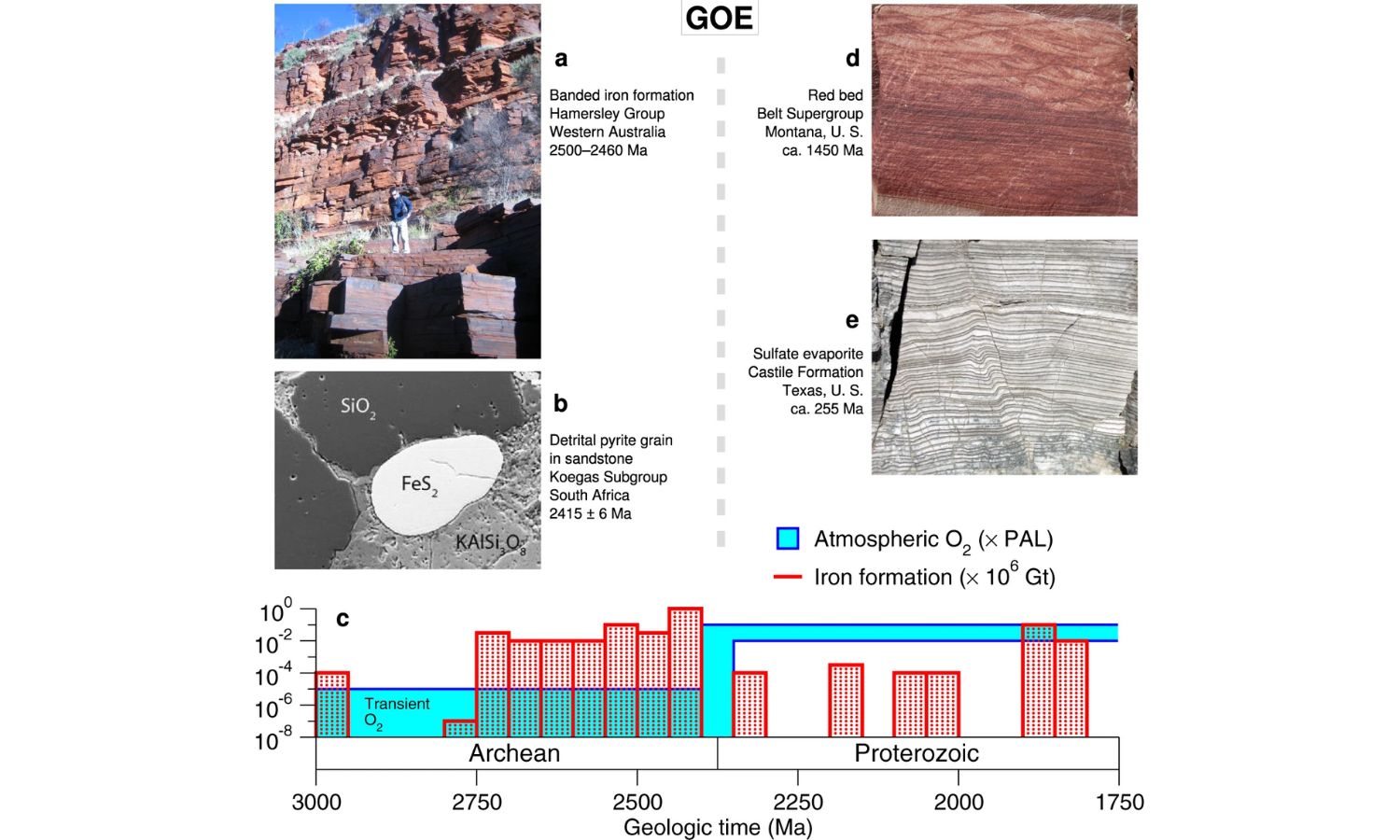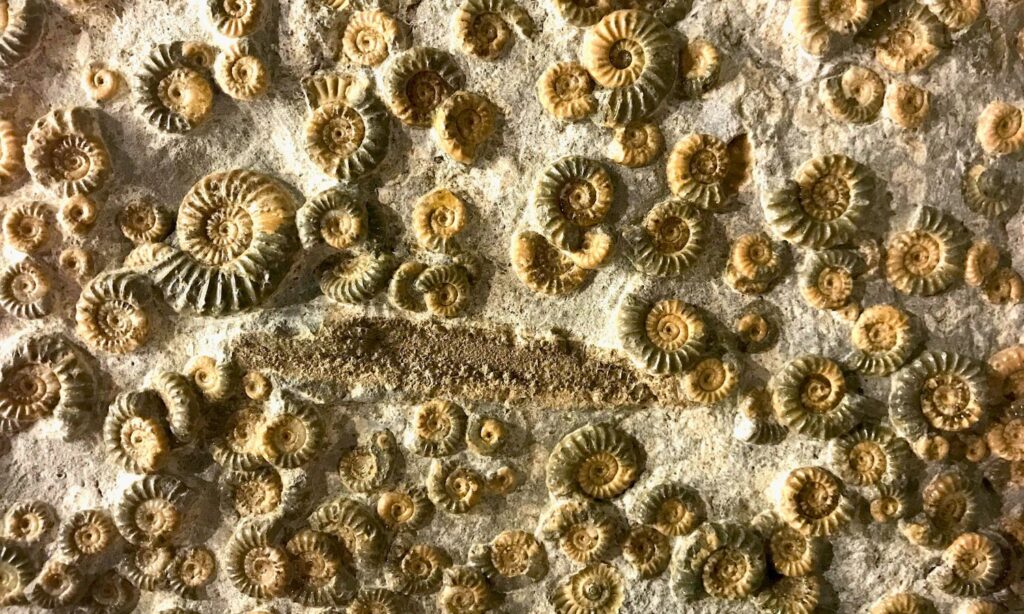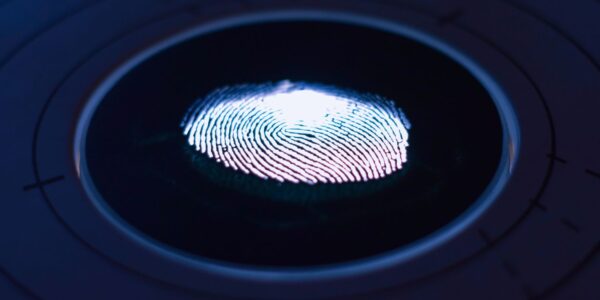We still don’t know exactly how life on Earth got its start but what science can now say with certainty is that one of the key events that got us to where we are today happened, way, way before we thought it did.
Belgian scientists, working with fossils found in Australia and other parts of the world, have discovered bacteria capable of photosynthesis which are at least 1.2 billion years older than previous examples.
The discovery is integral to our understanding of the emergence of complex life on Earth. Before the evolution of photosynthesis, our planet was largely devoid of oxygen and therefore the atmosphere required to sustain life.
These bacteria, known as cyanobacteria, contain the earliest known examples of ‘oxygenic photosynthetic structures’ called thylakoid membranes. Using these, they would have been responsible for turning sunlight, water, and carbon dioxide into energy and oxygen.
“The oldest known fossil thylakoids date back to around 550 million years. The ones we have identified therefore extend the fossil record by 1.2 billion years”, explains Professor Emmanuelle Javaux, paleobiologist and astrobiologist, director of the Early Life Traces & Evolution laboratory at the University of Liège.
A mass-scale undertaking of this process by bacteria some 2.4 billion years ago is known as the ‘Great Oxygenation Event’. How exactly it happened though is unclear. The presence of red earth and rock in Australia, rich in oxygen-deprived iron and formed before the GOE, is a key clue to evidence of this shift. But bacteria capable of making such vast quantities of oxygen had yet to be found, given that the oldest records of them date back to just half a billion years ago.

With this new discovery, the team at ULiège hypothesise that these cyanobacteria were around even before the date of this latest find and are possibly the reason complex life on Earth got its start.
But it doesn’t stop there. The team also suggest that understanding this gradual and vast process of atmosphere change thanks to the evolution of primitive life could be instrumental in detecting and analysing the presence of life on other planets as well.
“Microscopic life is beautiful, the most diverse and abundant form of life on Earth since the origin of life. Studying its fossil record using new approaches will enable us to understand how life evolved over at least 3.5 billion years,” Javaux has said.
“Some of this research also tells us how to search for traces of life beyond Earth!”
Related: Google AI Has Discovered More Materials Than Humans Have in the Entire History of Science
Related: Science Says There’s Probably Someone Out There Who Looks the Same As You
Read more stories from The Latch and subscribe to our email newsletter.







